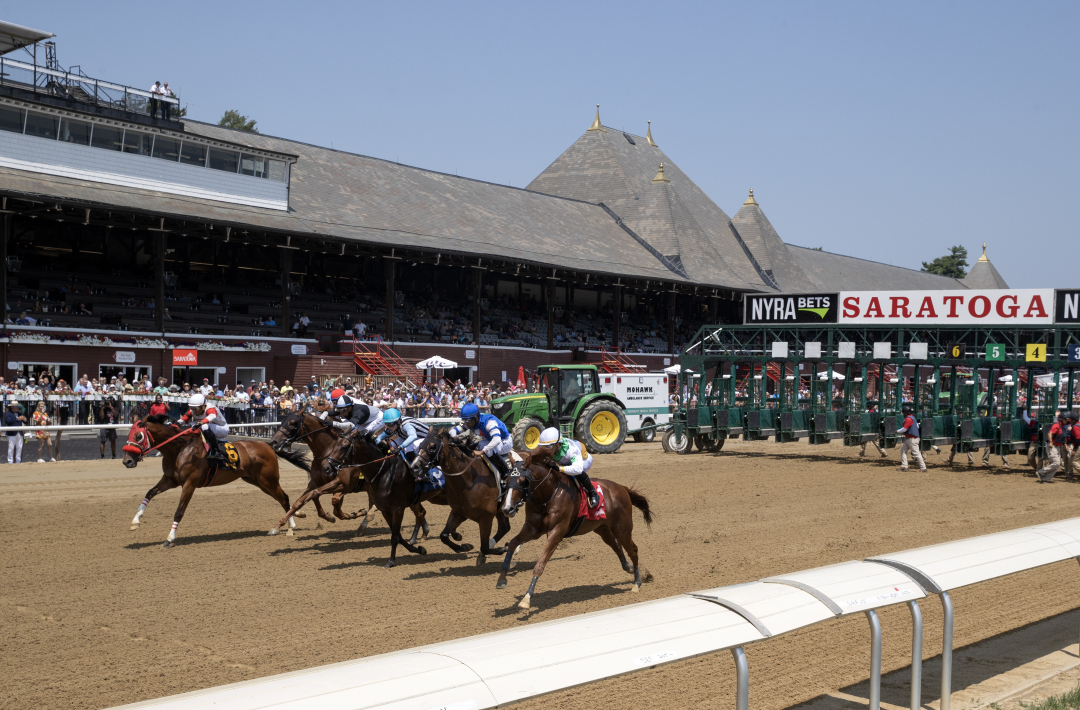The New York Gaming Commission on Monday unanimously approved a rule that will allow nearly all horses with shared ownership in New York to run uncoupled for wagering purposes.
The rule will allow two horses with common owners to run uncoupled in any race as long as the coupled entry does not exclude another horse. Stewards would be allowed to review the entry, and the public is required to be notified of the shared ownership and the rule allowing the entry to run uncoupled.
The rule will go into effect once it is officially published in the state register, a process that typically takes two weeks, according to Brad Maione, a spokesman for the gambling commission.
Most major racing jurisdictions have allowed uncoupled entries throughout the condition book for a decade or more. In U.S. racing, field sizes have been declining for decades, and racetracks are under more and more pressure to attract single betting entries to races to drive up handle in a business with increasingly thin margins. Regulators in New York last relaxed coupling requirements in 2015.
The issue has been especially acute in New York recently, where field sizes have declined significantly this year at the state’s marquee meet in Saratoga Springs.
The New York Racing Association, which operates Saratoga, supported the rule, as did Finger Lakes racetrack and the state’s horsemen’s and breeders’ groups.
“The newly adopted rule will benefit the wagering public by increasing field size while generating additional handle to support New York's horsemen and the broader racing community,” said Patrick McKenna, NYRA’s vice president of communications, after the vote.
Under the rule, three horses or more with shared ownership under the care of a single trainer would still be required to run as a single entry.
Horses with shared ownership were once required to run as a coupled entry throughout the racing world in order to discourage the use of one horse in a race to benefit the other, especially by using a shorter-priced horse to benefit a longshot. Those concerns have waned in the U.S. over recent years as purses have grown to record levels and bettors have gained access to detailed past-performance and training data.
:: Want to learn more about handicapping and wagering? Check out DRF's Handicapping 101 and Wagering 101 pages.

